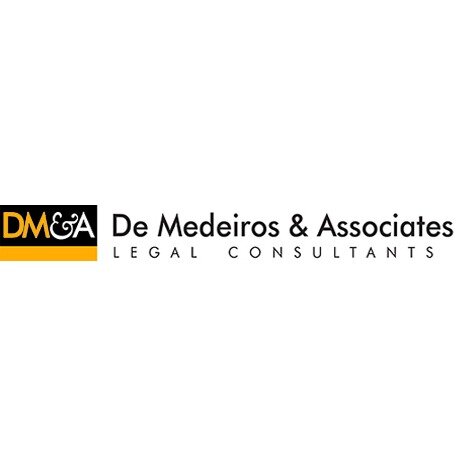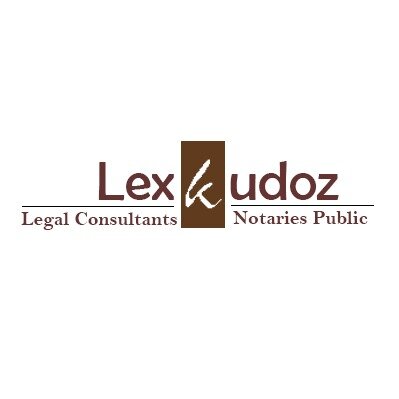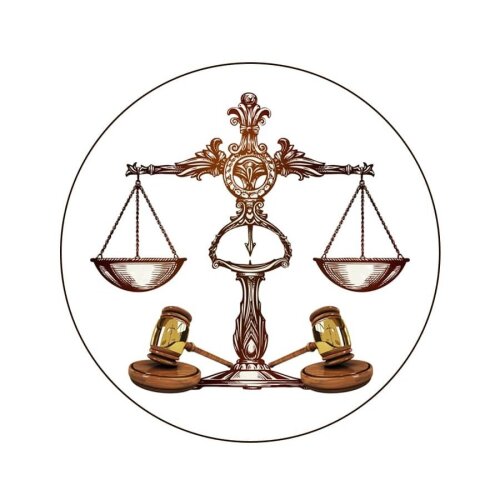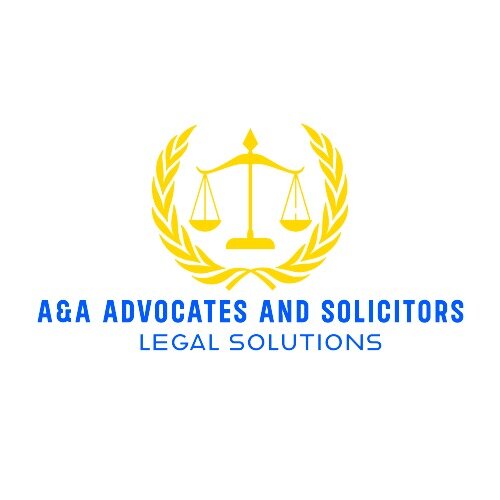Best Permanent Residency Lawyers in Accra
Share your needs with us, get contacted by law firms.
Free. Takes 2 min.
List of the best lawyers in Accra, Ghana
About Permanent Residency Law in Accra, Ghana
Permanent residency in Accra, Ghana, is a legal status that allows foreign nationals to live and work within the country on a long-term basis. It provides holders with more rights than other temporary visas, although it does not grant citizenship. This status is governed by the Ghana Immigration Service, which oversees applications and enforces immigration laws. Permanent residents enjoy a stable residency status and often have access to various social services, but they remain non-citizens and are thus not entitled to all the rights that citizens possess.
Why You May Need a Lawyer
While applying for permanent residency, individuals may encounter complexities that necessitate legal expertise. Common situations include:
- Understanding the eligibility requirements and preparing a complete application to minimize the risk of denial.
- Dealing with language barriers or unfamiliarity with legal terminology and procedural requirements.
- Addressing complications that arise from previous immigration violations or criminal records, which could impact their eligibility.
- Appealing a denied application, which requires a thorough understanding of the legal grounds for appeal and expertise in legal representation.
- Guidance on compliance with Ghanaian immigration laws post-approval, to maintain residency status.
Local Laws Overview
In Accra, Ghana, the legal framework for permanent residency is shaped by several key components:
- Ghana Immigration Act: The principal legislation that governs immigration in Ghana, outlining the criteria and processes for obtaining residency.
- Eligibility Criteria: Applicants must meet specific conditions, such as having a valid residency permit, achieving a certain duration of continuous residence in Ghana, or having strong familial ties to the country.
- Application Process: Involves submitting a formal application, supporting documentation, and usually undergoing an interview as part of the verification process.
- Renewal and Compliance: Permanent residency may require periodic renewal, and holders must comply with any terms set forth by the Ghana Immigration Service to maintain their status.
- Rights and Restrictions: Permanent residents can work and study without restriction but cannot engage in certain political activities and do not have voting rights.
Frequently Asked Questions
What is the difference between permanent residency and citizenship in Ghana?
Permanent residency allows non-citizens to live and work in Ghana with fewer restrictions than other visa types. However, unlike citizens, permanent residents cannot vote or obtain a Ghanaian passport.
Can I apply for permanent residency directly from abroad?
No, typically applicants must reside in Ghana under another form of long-term visa before applying for permanent residency.
How long does the permanent residency application process take?
The processing time can vary but generally takes several months, depending on the complexity of the case and the backlog at the Ghana Immigration Service.
Are there any investment requirements for permanent residency?
Ghana does not require an investment for permanent residency, but having business or property investments might strengthen an application.
What documents are typically required for a permanent residency application?
Common documents include a valid passport, proof of legal entry and stay, police clearance certificates, health clearance, and evidence of ties to Ghana.
Can a permanent resident apply for citizenship?
Yes, however, the criteria for citizenship are separate, and acquiring citizenship involves additional requirements, such as a longer duration of residence and demonstrating integration into Ghanaian society.
What happens if my application for permanent residency is denied?
You can appeal the decision, and it is advisable to seek legal assistance to understand the reasons for denial and strengthen your case for appeal.
Does permanent residency grant the right to work in Ghana?
Yes, permanent residents have the right to work and establish businesses in Ghana without needing a separate work permit.
Can I lose my permanent residency status?
Yes, permanent residency can be revoked if the holder violates conditions of the status, is convicted of certain crimes, or is absent from the country for an extended period without prior approval.
How does family reunification work under permanent residency?
Family members, such as spouses and children, can join a permanent resident through family reunification processes, though they must also meet specific legal requirements.
Additional Resources
If you're seeking further information or assistance, consider the following resources:
- Ghana Immigration Service (GIS): The official authority handling immigration applications. Refer to their official guidelines and services.
- Legal Aid Commission: Provides legal assistance to individuals unable to afford private legal counsel.
- Ghana Bar Association: Helps locate qualified immigration lawyers who can offer personalized legal advice.
- Local Consulates or Embassies: For foreigners, these can provide guidance specific to their nationality and residency concerns.
Next Steps
If you require legal assistance for permanent residency in Accra, Ghana, follow these steps:
- Identify your specific legal needs, whether it's application preparation, legal representation, or navigating complex situations.
- Consider consulting with a qualified immigration lawyer who specializes in Ghanaian immigration laws. Look for professionals with strong reputations and relevant experience.
- Gather all necessary documentation and information regarding your current residency status, prior visas, and any relevant personal information.
- Reach out to recommended resources listed above to obtain the support and advice you need.
- Be prepared for consultations by noting any questions or concerns you have to maximize the effectiveness of your legal advice sessions.
Lawzana helps you find the best lawyers and law firms in Accra through a curated and pre-screened list of qualified legal professionals. Our platform offers rankings and detailed profiles of attorneys and law firms, allowing you to compare based on practice areas, including Permanent Residency, experience, and client feedback.
Each profile includes a description of the firm's areas of practice, client reviews, team members and partners, year of establishment, spoken languages, office locations, contact information, social media presence, and any published articles or resources. Most firms on our platform speak English and are experienced in both local and international legal matters.
Get a quote from top-rated law firms in Accra, Ghana — quickly, securely, and without unnecessary hassle.
Disclaimer:
The information provided on this page is for general informational purposes only and does not constitute legal advice. While we strive to ensure the accuracy and relevance of the content, legal information may change over time, and interpretations of the law can vary. You should always consult with a qualified legal professional for advice specific to your situation.
We disclaim all liability for actions taken or not taken based on the content of this page. If you believe any information is incorrect or outdated, please contact us, and we will review and update it where appropriate.

















